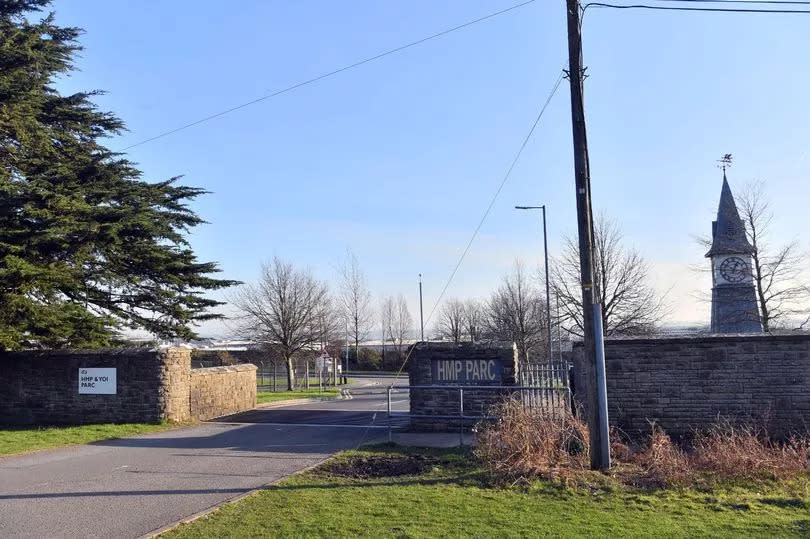Man jailed for at least two and a half years finally free after nearly 16 years behind bars

A man jailed for at least two and a half years will be released from prison almost 16 years later after the Court of Appeal changed his sentence. Leighton Williams was given an open-ended jail term known as an imprisonment for public protection (IPP) sentence after drunkenly attacking a man in a park in Caerphilly in 2007 when he was 19.
IPP sentences, which were abolished in 2012, meant prisoners could continue to be detained after serving their minimum term if they were deemed as still posing a risk to the public. After Williams filed an appeal bid last year three senior judges altered his sentence on Thursday meaning he will be immediately released.
Williams, who attended the hearing through a videolink from HMP Parc, near Bridgend, wept after the judges gave their ruling. Giving judgment Lord Justice Popplewell said it was "in the interests of justice" to allow the appeal and quash the IPP sentence.
READ MORE: The sickening group of men who made £300,000 cutting off testicles which were later served in salad
READ MORE: He made £320,000 living a double life - when we caught up with him he legged it
He said: "The imprisonment for public protection sentence will be quashed. We will substitute a determinate sentence of five years' detention in a young offender institution, which will result in his immediate release."
Williams was given the IPP sentence at Cardiff Crown Court in June 2008 for grievous bodily harm with intent after leaving his victim with a fractured jaw, cheekbone, and eye socket in the attack the previous year. The sentences were introduced in 2005 to prevent serious offenders who did not warrant a life sentence from being released while they still posed a danger to the public.
Once the prisoner has served their tariff they remain in custody until the Parole Board decides they are no longer a risk to the public. They can then be released but subject to recall on licence, which remains in force indefinitely until it is terminated, with a minimum of 10 years before it can reviewed.
The court heard that Williams had been released on licence twice but was sentenced to 12 weeks in custody for an assault in October last year. Lord Justice Popplewell, sitting with Mrs Justice Thornton and Mr Justice Cavanagh, said the judge who sentenced Williams believed an IPP sentence was necessary due to a previous conviction for GBH.
But he said that this did not represent a "pattern" of dangerousness and the judge had not considered Williams' age at the time of the offending. After quashing the sentence Lord Justice Popplewell said that arrangements had been made for Williams to live with his mother and that he would be offered support by the Probation Service following his release.
Despite being scrapped more than a decade ago in excess of 1,000 people remain locked up after being given such a sentence. There have since been calls for the resentencing of all prisoners serving IPP sentences but the UK Government has not yet committed to such a move.

 Yahoo News
Yahoo News 
